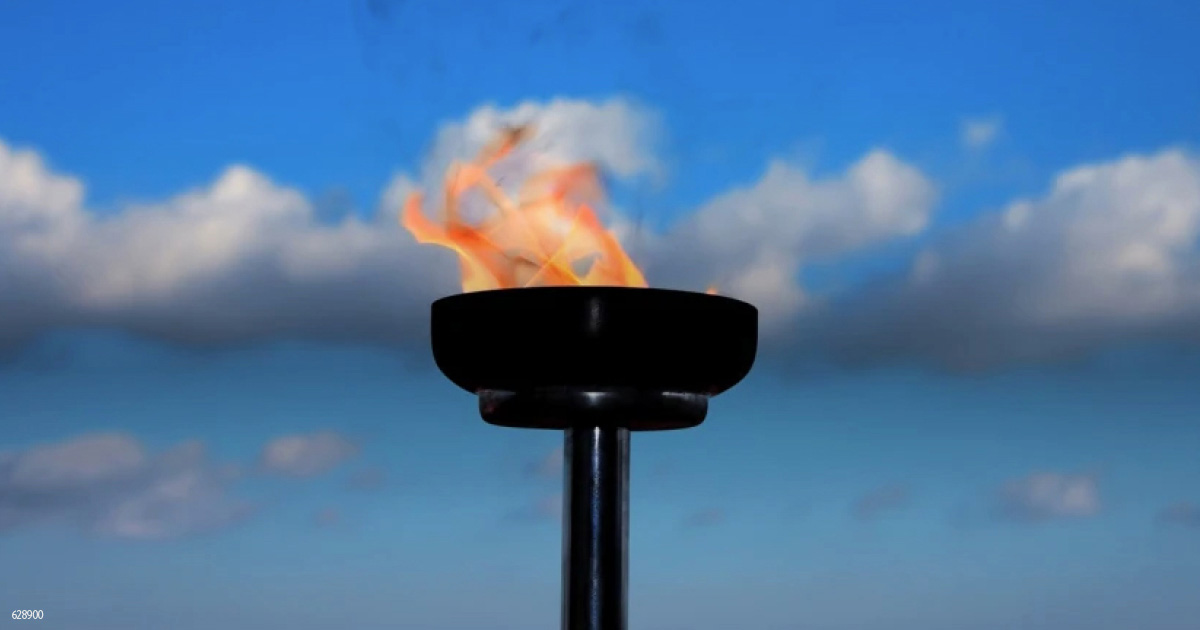
Deputy General Counsel Wes Suter was a highly acclaimed gymnast at the University of Nebraska-Lincoln and competed in the 1988 Summer Olympics in Seoul, South Korea. He shares his story and how his time as an athlete impacted his health and well-being and his professional career.
How did your athletic career impact your overall health, well-being and personal growth?
My athletic career spanned almost 20 years. Then suddenly, your career is over and you’re only 25 years old. At that time, you do wonder, what’s next? Are any of the skills I picked up in my gymnastics career going to translate into the next adventure? I doubt in any job interview the interviewer will ask if I can do a triple flyaway off the high bar. Also, gymnastics for the most part is an individual sport. It’s just you and the apparatus. There really isn’t anyone to blame when you fall on the vault in team finals of the NCAA.
What you come to realize over time is that many of the skills you develop during an athletic career do translate and develop personal growth. For example, working out from a young age — four to six hours a day, six days a week — encourages discipline and prioritization. You learn concentration, a true focus on the task at hand and resiliency from getting back up after failure.
What was the most challenging aspect of your training and how did you overcome it?
The most challenging part of training was getting physically and mentally ready for the next practice. The body takes a lot of blows each practice and you wake up checking to see what hurts that given morning and wonder how you’re going to get through the practice day. The best thing about retiring is that you could wake up and have a stiff neck and not worry about how that will affect a day in the office. You become best friends with the athletic trainers and ice baths. It is a grind and the Olympics only come around every four years.
Another challenging aspect is fear. Gymnastics can be a dangerous sport, especially when working on a new trick/element. If you haven’t heard of Simone Biles’ mental block with the “twisties” in 2020, I’m sure if you watch the upcoming Olympics, you’ll hear about it numerous times. I can assure you it’s a real problem, and I immediately felt for her in 2020. A lot of times when we learned a new skill, we practiced it into a pit of foam. Then you put a gym mat on top of the pit and then you’re ready for the hard floor.
How did you manage the mental pressure and stress of competing at such a high level? What strategies did you use to maintain mental resilience and focus?
Prayer. Start with being grateful for the opportunity. Have the absolute belief that you’ve done everything you can to be prepared, while understanding that you’re not in control, our God is.
Visualization (perfect visualization) is key. At night, even before the night of competition, I’d go over my routines in my head over and over and I’d visualize exactly how I would want it to go.
Practice. During practice, I’d put so much pressure on each routine as if it were the Olympics and visualize the TV cameras, fans and judges. Then during the Olympics, when I’d put my hands on the pommel horse, I’d tell myself, “This is just like practice” and block out all of the noise.
How do you prioritize your health and well-being now that you are no longer competing professionally? Are there any healthy habits from your athletic career that you still use in your daily life?
To be honest, back when I competed, nutrition and health and well-being were just starting up, enabling athletes additional advantages. I could train five hours a day, six days a week and eat and drink just about anything. The problem was after I retired, I think I gained about 25 pounds in a month (not joking). So, I had to come up with a new routine. Gymnastics is a pretty anaerobic sport, so when I retired, I started running, lifting weights, eating better and reading the Bible in the morning. Nowadays, it’s more run/walks with my dog, pickleball and golf for activities.
You read a lot in the papers when athletes retire, what they miss the most and so often they mention the locker room (social). At Nebraska, you’re around your best friends day in and day out and when that ends you lose an important social aspect of the sport. Our old team and our coaches still stay in very close contact and get together a few times a year.
Mutual of Omaha is dedicated to the health and well-being of our associates, providing comprehensive opportunities to enhance their physical, emotional, social, financial and career well-being. This is just one of the many ways we invest in our team.
To discover more about the benefits of a career with us, visit our Carers site.